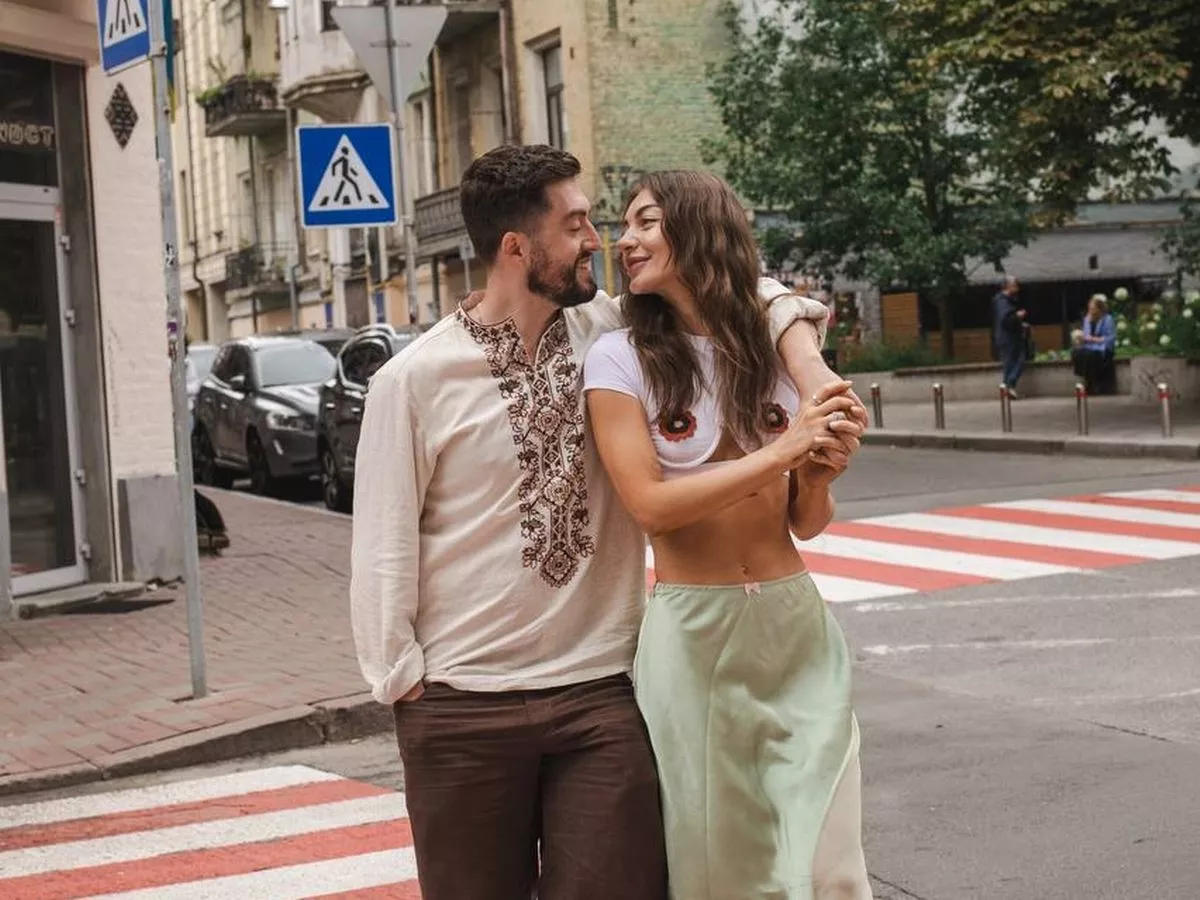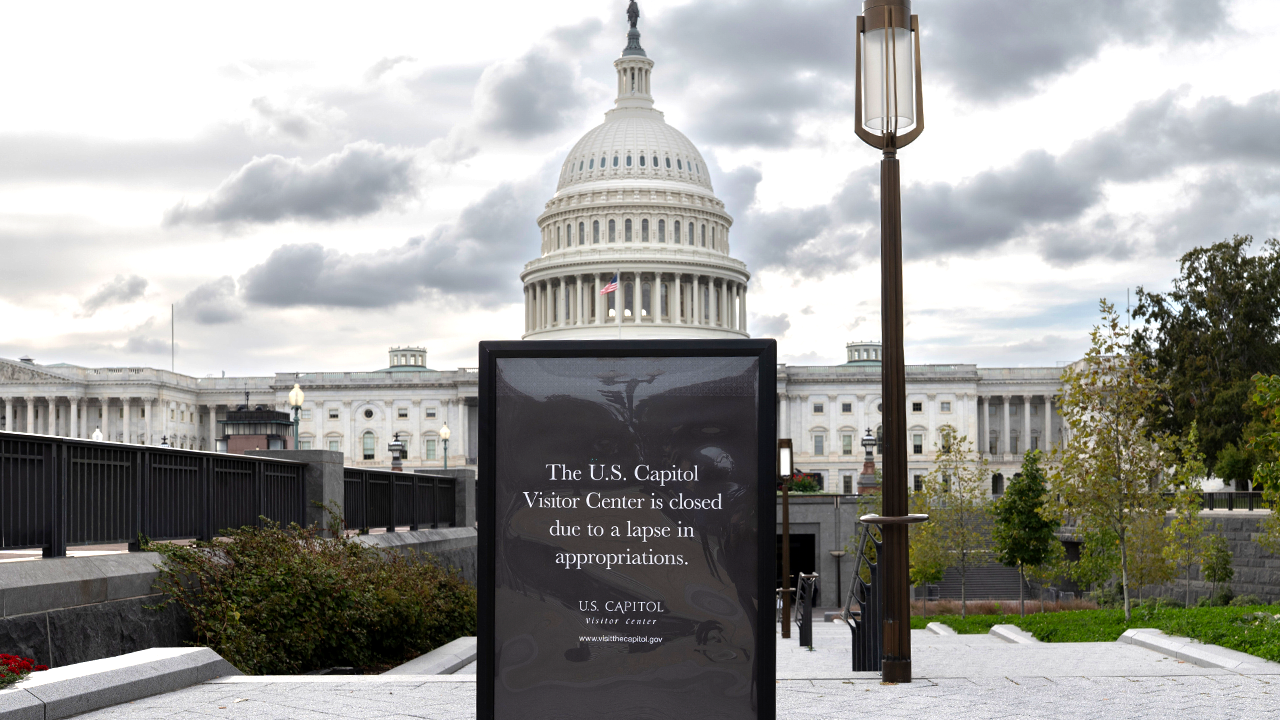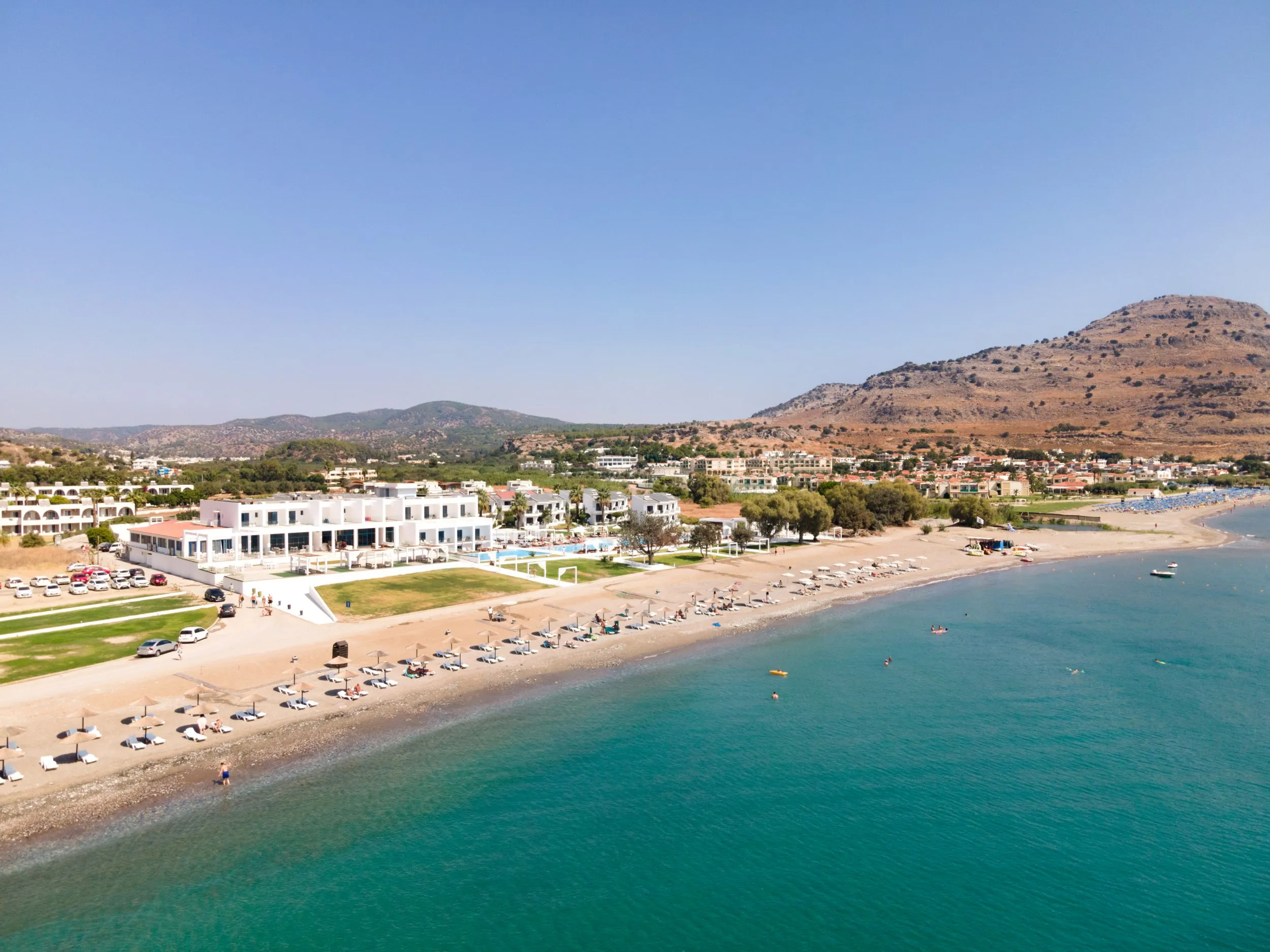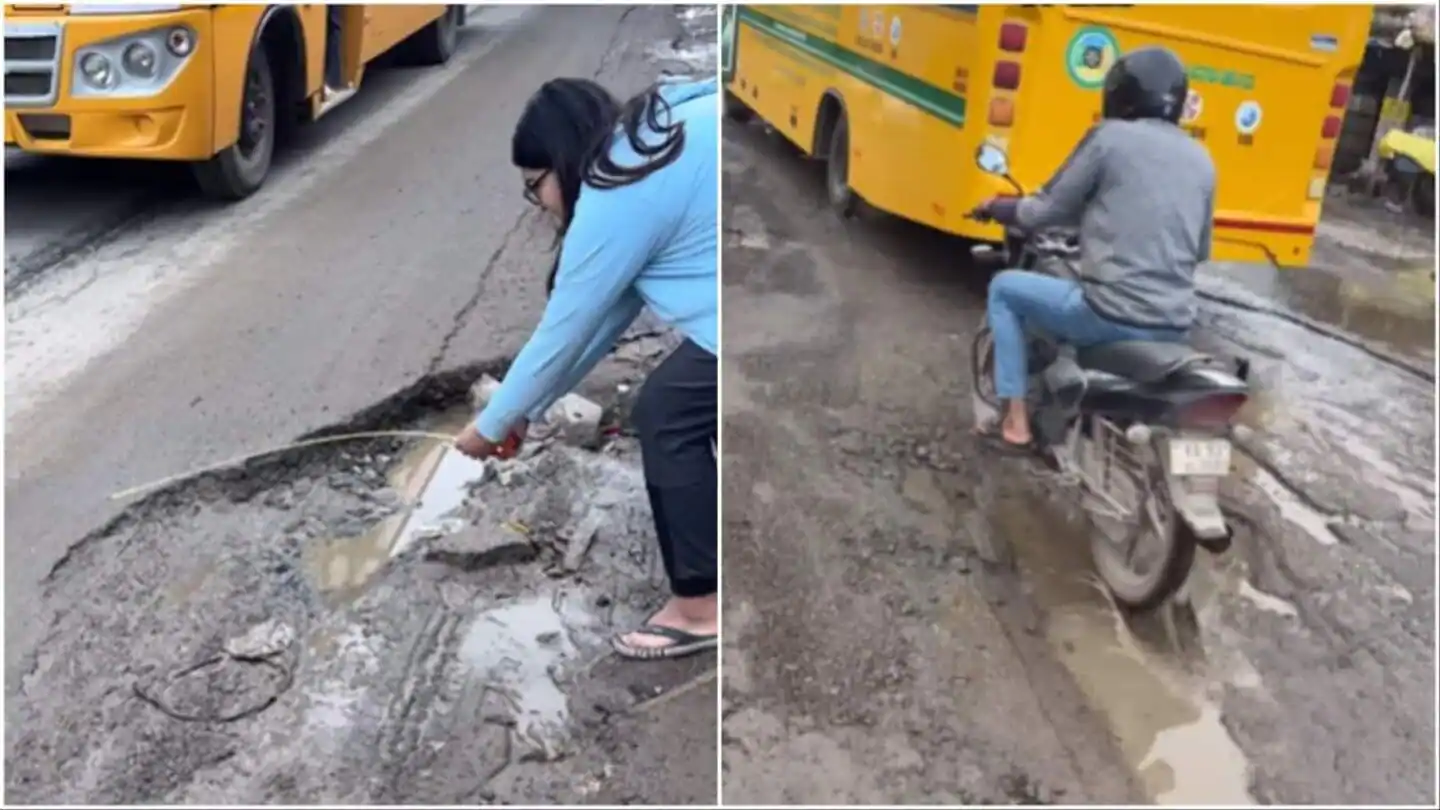Copyright mirror

"The first thing you notice about Ukraine is how spotless the toilets are." British blogger Kieren Adam Owen, better known as JimmyTheGiant, was taken aback by the sparkling state of the bathrooms in Lviv when he visited the Ukrainian city for the first time after meeting his now-wife, Vlada, whom he had fallen head over heels for during a holiday in Thailand. But it's not just the immaculate nature of the WCs that caught Keiren's eye. He is now a great enthusiast for the food, the coffee, the community life in the countryside and much else in Ukraine. He is not the only one to have fallen for a nation that has been devastated by the war, or who is willing to go to great lengths to get there. According to data compiled by the State Border Service of Ukraine and VisitKyiv.com for the first half of 2025, foreigners crossed the Ukrainian border 1,194,983 times - 6,000 more than in the same period last year. That is, of course, a much smaller number than before the war and the coronavirus pandemic. In 2019, 13.4million tourists visited Ukraine. All those who do go are risking their lives to varying degrees. As of 30 September 2025, 14,383 civilians had been killed in the war, according to the OHCHR . The UK Foreign Office states bluntly that it "advises against all travel to parts of Ukraine." Kieren is clearly aware of these dangers and not immune to fear. When in the country, whenever the air raid sirens begin to ring out, he immediately rushes down to the shelter: unlike some war-weary Ukrainians. “I can imagine that when you live there, you don’t always want to go to a shelter — probably because it’s a headache, and you know that the actual attacks that hit are fewer than the ones you hear the sirens for. But when you’re traveling, you can kind of do it, so I always just go to the shelter whenever,” he told the Mirror. While most today are travelling for work or family events, some head to the war-torn country simply to explore. Others are on pilgrimage to Uman - an annual trip when thousands of Hasidim visit the tomb of Rabbi Nachman, founder of Bratslav Hasidism. Humanitarian trips are common, with large numbers travelling to participate in dozens of reconstruction projects crucial for a country that has been battered by missiles and drone strikes since February 2022. Surprisingly, it is not in the cities that Keiren has felt most scared. Rather, it is in the rural areas without bomb shelters where he's most feared for his life. There, he has watched rockets falling right above his head, with nowhere to hide except the house he was living in. “You feel more vulnerable there — there's only ‘God's protection’,” he said. Kieren was once best known for his analytical takes on economics and politics, before he began producing documentary reports from Ukraine. The change in direction came after he married Vlada. Now he spends a significant portion of his time promoting the lesser-known aspects of one of Europe's poorest countries. In a 52-minute YouTube video titled ' How Ukraine changed my life ', which he published earlier this year, the Milton Keynes lad explained how the country stole his heart. "Your image of Ukraine is of this very brutalist, post-Soviet, kind of depressing, poor place, and Lviv just shattered this mental image. You're walking on these cobbled streets, and you see all these beautiful, stunning, classical buildings. Everyone around you is cooler than you, dressed cooler than you, they're just stylish, chill bras. Every single restaurant or cafe is on the level of the coolest of cool places in London, even better in some cases. The coffee... I literally became a coffee snob because of that trip." Keiren's adulation for Ukraine stretches to the rural areas, where his in-laws live. There, wages are much lower than in Lviv and the capital Kyiv, yet access to great stretches of arable countryside abounds. Many work the land alongside their day jobs, building up larders with conserves and wines, as small-holding, subsistence farmers. "I would argue in some regards, they live a much more fulfilling life than many poor people in the UK," Kieren says in his video, noting the level of community cohesion, access to nature and fresh food many rural Ukrainians enjoy. Kieren makes clear that he "isn't saying that their lives are heaven" or that serious poverty, access issues for disabled people, and low life expectancy aren't serious issues in the country. Kieren has never been close to the front line, where the level of danger is much higher. Despite the risks he runs by being in Ukraine, he is keen to keep returning to a country he has fallen in love with. “This is how high-quality everything is. I miss how everywhere you go, everything just feels perfect. That’s super nice. And the vibe. It's just nice to be in Ukraine — the trees, the streets of Kyiv, the people who, despite the war, remain friendly and create an incredible atmosphere,” he continued. For many Brits who find a second home abroad, the financial clout of the pound is a significant benefit. As he earns money in Britain, Kieren can afford more than he would back in the UK. “When you come here, you feel like a millionaire,” he joked. "So you can have a really enjoyable week, constantly visiting various establishments.” Kieren's top recommendation is the restaurant 100 rokiv tomu vpered (100 Years Ahead), run by renowned Ukrainian chef Yevgen Klopotenko, who serves up traditional dishes, such as borscht, and the less typical fried bees. Another favourite place is Musafir, a Crimean Tatar restaurant known for its fried, doughy chibereks. When not indulging in the local fare, Keiren enjoys spending time on Reitarska Street, an artistic hub in Kyiv, and Andriivskyi Uzviz. Kieren also recommends visiting the Golden Gate in the city center, a historic structure that was once the entrance to Kyiv, as well as having a picnic in one of Kyiv's parks, such as Taras Shevchenko Park.



